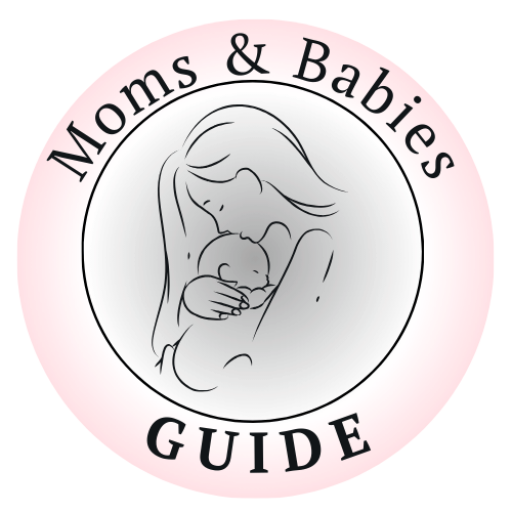The moment you hold your baby for the first time is life-altering—but so is the journey your body and mind go through afterward. The postpartum period, also known as the “fourth trimester,” is a crucial time for rest, recovery, and renewal.
From physical changes to emotional ups and downs, here’s what you need to know to prioritize your postpartum healing and self-care.
1. Physical Healing After Birth
Your body has done something incredible—and now it needs time to heal. Whether you had a vaginal delivery or a c-section, rest and gentle care are essential.
Vaginal Birth Recovery:
- Use pads (not tampons) to manage postpartum bleeding (lochia).
- Apply ice packs to reduce swelling.
- Do sitz baths for perineal relief.
- Use witch hazel pads or numbing sprays for pain.
C-section Recovery:
- Keep the incision clean and dry.
- Avoid heavy lifting.
- Rest and limit stairs during the first 2 weeks.
- Ask for help with household tasks.
No matter your birth experience, stay hydrated, eat well, and take prescribed medications as needed.
2. Managing Hormonal Shifts and Emotions
Postpartum hormones fluctuate wildly. It’s completely normal to feel joy one moment and overwhelm the next. Many moms experience “baby blues,” but when feelings of sadness persist beyond two weeks, it could be postpartum depression.
Look for:
- Intense mood swings
- Feeling disconnected from your baby
- Persistent fatigue or insomnia
- Loss of interest in things you used to enjoy
Don’t suffer in silence—speak with your doctor, counselor, or a maternal mental health specialist.
3. Gentle Movement and Rest
As you begin to regain strength, incorporate light movement—only with your provider’s approval. Walking is a gentle and effective way to support circulation and mental clarity.
Tips:
- Start slow: 5–10 minute walks around the house or block
- Do postpartum stretches to relieve tension
- Avoid high-impact workouts until cleared medically
Equally important: give yourself permission to rest. Sleep when your baby sleeps and forget the dishes if you must.
4. Nutrition for Healing
You’re healing from pregnancy and birth, and if you’re breastfeeding, your body is working extra hard.
Fuel your body with:
- Lean proteins (chicken, beans, eggs)
- Iron-rich foods (spinach, lentils)
- Whole grains and fiber (oatmeal, quinoa)
- Hydration—aim for 8–10 cups of water daily
Don’t skip meals. Keep healthy snacks within arm’s reach for busy days with your baby.
5. Emotional Self-Care and Mental Health
Healing isn’t just physical—it’s emotional, too. Your identity, relationships, and priorities all shift after having a baby.
Simple ways to protect your emotional well-being:
- Talk to other moms about their experience
- Journal your thoughts or gratitude each day
- Meditate or practice deep breathing for 5 minutes
- Spend time outdoors—even a 10-minute walk helps
You don’t need to “bounce back.” You need to move forward gently.
💪 Need support with postpartum healing and wellness? Discover more self-care tools in The Ultimate Guide for Moms and Babies — your go-to manual for recovery, mental health, and thriving in early motherhood.
6. Boundaries, Support & Saying ‘No’
Postpartum recovery isn’t the time to entertain, run errands, or pretend you’re not exhausted.
Tips for protecting your peace:
- Set visiting hours and say no to drop-ins
- Ask for help and accept it when offered
- Use grocery delivery or meal prep services
- Tell your partner clearly what you need
Healing isn’t a luxury—it’s a requirement for being the best version of yourself for your baby.
7. Intimacy & Returning to Sex
This topic often feels taboo—but it matters. Many providers recommend waiting 4–6 weeks after birth before resuming sex. However, every woman’s timeline is different.
Communicate with your partner, go slow, and focus on rebuilding intimacy beyond just physical touch.
If pain persists or your libido hasn’t returned after several months, speak with your OB-GYN.
Final Thoughts
The postpartum period is sacred and challenging. It’s a time of deep transformation, healing, and growth. Be patient with yourself, lean on your village, and remember: there is no one-size-fits-all way to recover.
Each moment you spend resting, nurturing, and rediscovering yourself is a step toward becoming the strong, empowered mother you’re meant to be.




